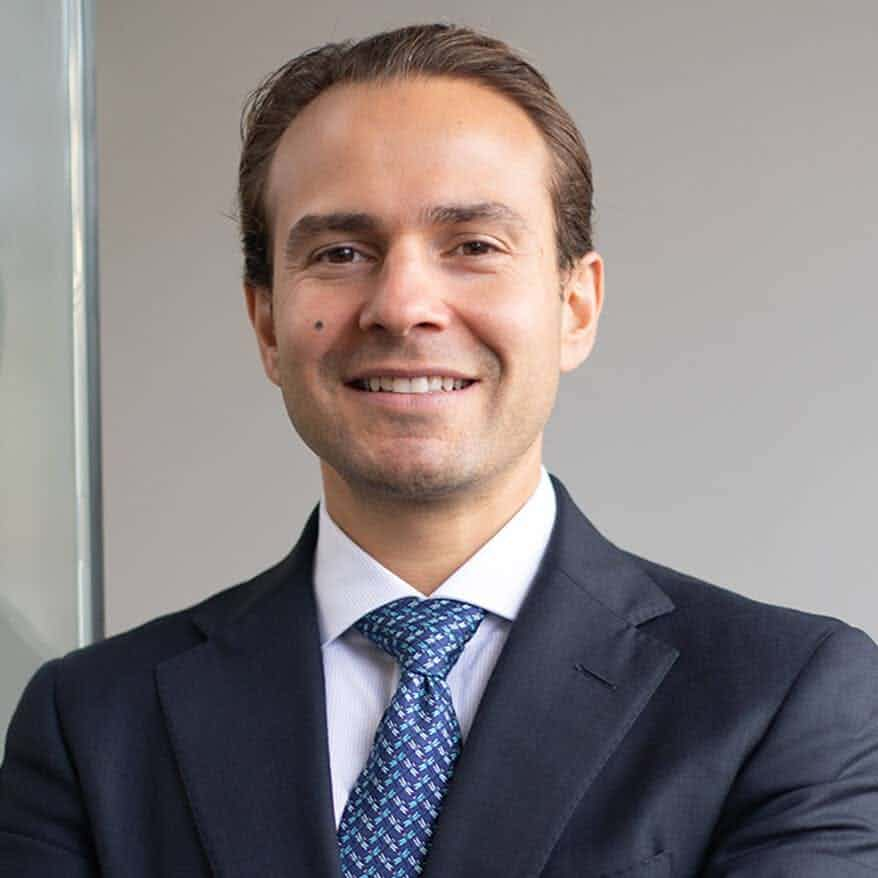This case involves a private equity fund’s managing partner and the manager of the fund’s trading operations. The managing partner told potential investors that the fund was an investment vehicle that would allow investors to capitalize from both bull and bear markets. The managing partner directed investors to send monies by check or wire transfer to an account which was under the control of the trading manager and his wife. Neither the managing partner nor the trading manager filed registration statements with the SEC as required by the Securities Act for any fund offerings. The trading partner received over $22,000,000 in investor funds but lost $890,000 through his trading activity. The trading partner also used $4,500,000 to buy jewelry, gemstones, gifts, and real estate. The managing partner and trading partner made numerous misrepresentations to investors by not telling them that there was only minimal trading going on and that the fund’s only source of income was new investors. The SEC filed a complaint against the managing partner and the trading partner for violating the Securities Act.
Question(s) For Expert Witness
1. Can a private equity fund that promises investors a high rate of return from trading securities be charged with violating the Securities Act if the fund makes misrepresentations to investors and only engages in minimal trading?
Expert Witness Response
The types of misrepresentations made to investors in this case suggest that the managing partner and the trading partner were actually involved in a Ponzi scheme. A Ponzi scheme is a fraudulent investment scheme where existing investors are paid with monies contributed by new investors and where all the investors are promised high returns. The managing partner and trading partner in this case are probably guilty of violating the Securities Act because the trading partner told investors that he was a capable equity trader and misrepresented to investors that he could generate substantial profits for investors. Under the Securities Act, the fund was required to submit registration statements for their securities and the fund’s failure to do so violated Sections 5(a) and (c) of the Act. The managing partner and trading partner are also probably guilty of fraud under the Securities Act since they made numerous misrepresentations to investors and since the majority of money raised from investors was not traded but was used for their personal means. Because of this, the managing partner and trading partner probably violated Section 17(a) of the Securities Act by making material misrepresentations to investors.
About the author
Michael Talve, CEO
Michael Talve stands at the forefront of legal innovation as the CEO and Managing Director of Expert Institute. Under his leadership, the Expert Institute has established itself as a vital player in the legal technology arena, revolutionizing how lawyers connect with world-class experts and access advanced legal technology. Michael's role involves not only steering the company's strategic direction but also ensuring the delivery of unparalleled intelligence and cutting-edge solutions to legal professionals. His work at Expert Institute has been instrumental in enhancing the capabilities of attorneys in case preparation and execution, making a significant impact on the legal industry's approach to expert consultation and technological integration. Michael's vision and execution have positioned the Expert Institute as a key facilitator in the intersection of law and technology.



